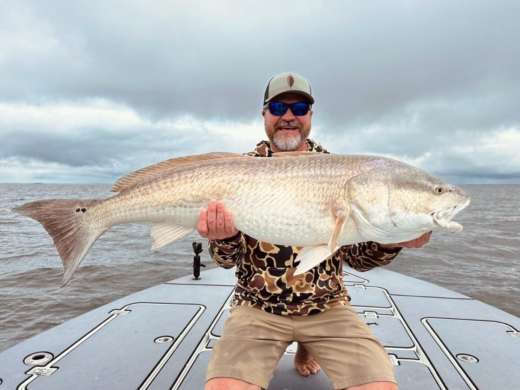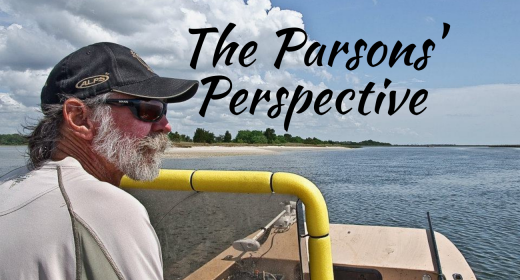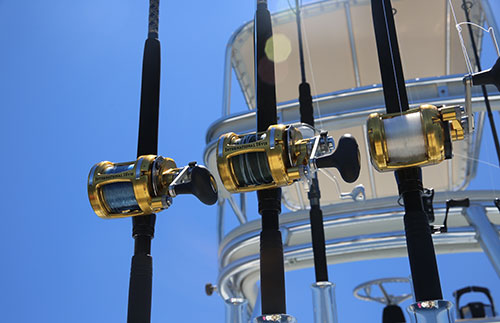North Carolina’s Recreational Anglers Face Total Burden Of Offshore Flounder Restrictions
This is part 1 of a 3 part series of posts on the declining status of North Carolina’s Coastal Fishing Resource. As you know, Saltwater Angler online magazine covers many aspects of saltwater fishing in numerous coastal states. We try to avoid focusing on any single state and minimize our opinions on current events or concerns. However, we feel that we would not be serving our valued readerships if we ignored issues that have a negative impact on recreational fishing. For that reason, we have opted to pursue the continuing events impacting North Carolina Fishing resources. We will voice our opinion at times, but will always strive to be correct in our information and how it’s presented to you. We feel anything less would be a disservice to the people of North Carolina and its fishing enthusiasts. Today we consider ourselves the voice and information source of those that fish these wonderful waters of North Carolina.
Part 1….Gulf and Summer Flounder Moratorium
North Carolina’s recreational fishing community continues to lose ground with recent regulations and increases in the state’s commercial fishing industry. In recent weeks, North Carolina has had a regulation banning fishing for Gulf and Summer flounder in the Atlantic Ocean for 2023 for the recreational fisherman, which is a significant setback. To add insult to injury, the change in the regulations do not require any additional restrictions on North Carolina’s commercial fishing industry.
The North Carolina Marine Fishery states in their February 13, 2023 press release that the cancellation of the 2023 Gulf and Summer flounder season was based on the most recent stock assessment that indicated southern flounder is overfished. The question surrounding the new regulation is, “Why is the commercial fishing segment not under the same or similar restrictions”? While this is NOT an effort to attack the North Carolina commercial fishing industry, it does question why one segment of the state’s saltwater fishing community is restricted while the other is not. In the press released by the NCDMF, no explanation was given to the questions that, I’m sure, they knew were coming. My concerns escalated after a call to the NCDMF a few days after the announcement. I wanted to confirm that the new regulation actually meant these restrictions did not include the commercial fishing segment. I was shifted to 3 NCDMF staff members, and no one had the answer. I was asked to leave my phone number for a return call which I did, and nearly a month later, no returned call.
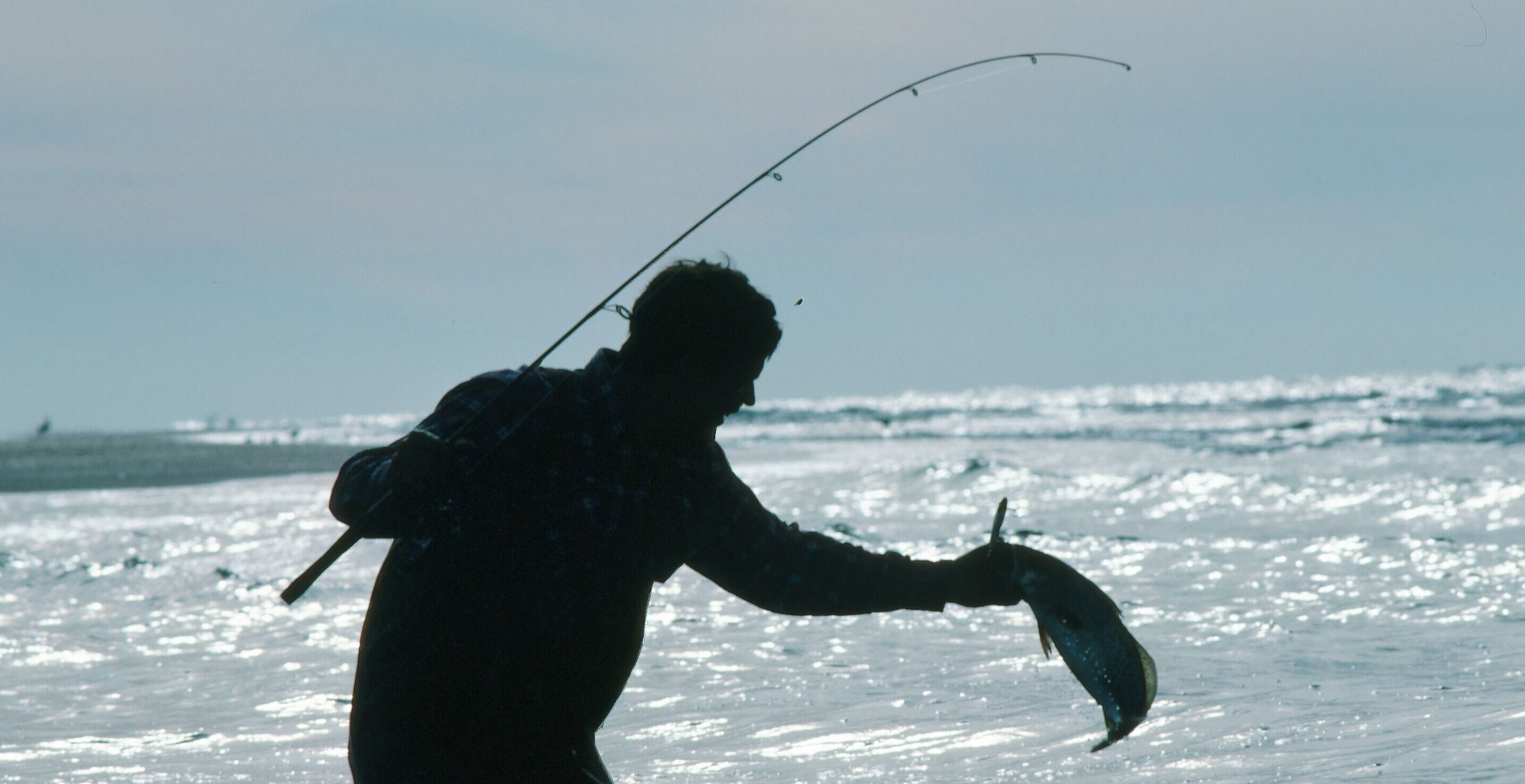
It’s important to mention this will also allow the fishermen with commercial licenses who are not engaged in the sale of their catch to continue to fish for the Gulf and Summer flounder. This group has purchased commercial licenses not as means of income, but as a means of circumventing the regulations on equipment and catch limits, using their catch for personal use. When questioning the NCDMF as to why this act continues, I was informed that they only had 50 enforcement officers or less, therefore there is not enough staff to resolve this significant problem. Many faithful and talented people are employed by the agency, so it’s apparent that there’s mismanagement and/or possible underfunding. The constant line of “public meetings” created by the NCDMF has not resolved anything. It’s a gathering that pits commercial fishermen with recreational fishermen. Many committee members are plagued with having to de-cypher the countless acronyms used buy the agency staff making the meetings meaningless for most members and therefore ineffective.
In closing, It’s evident that the North Carolina’s agency charged with the responsibility of protecting the state’s precious fishing resource continues to fail the public it serves. In the pass 20 years North Carolina has seen it’s coastal fishery resource decline while at the same time rendering less access to the state’s residents and visitors.
Next Post……March 23, 2023
North Carolina Inshore Fishing Spots Decline Due Oyster Bed Leases
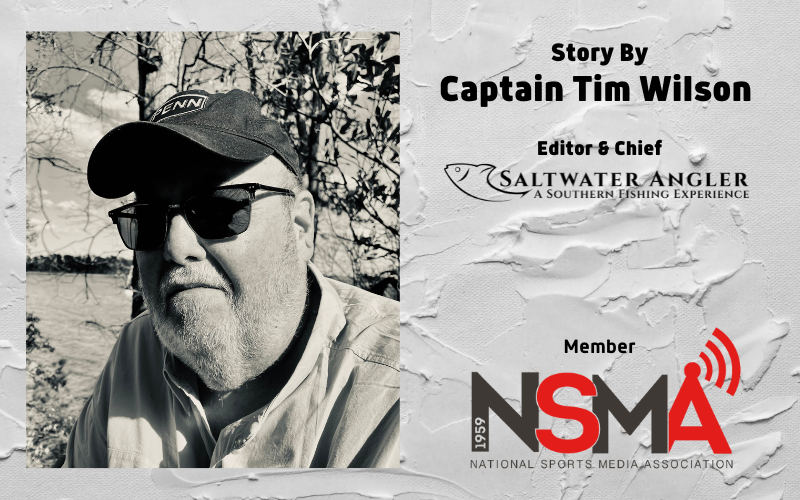
You may be interested
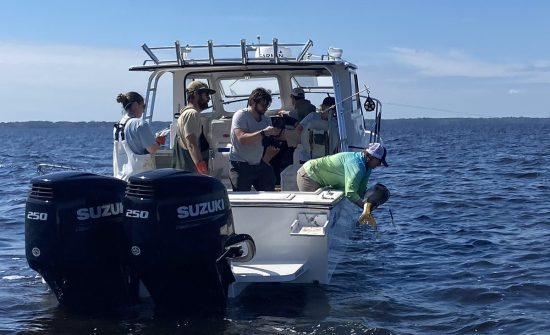
Satellite Tracking Study Aims To Unlock More Red Drum Secrets
Tim Wilson - April 8, 2025A pilot study tracking a popular saltwater fish was not expected to yield as much information as it did in its first year. When the North Carolina…

9 Things Fishing Guides Won’t Tell You
Tim Wilson - April 8, 2025We’re all amazed at how fishing guides nearly always know what to do and where to go to put fish in the boat. Most guides are fishing…
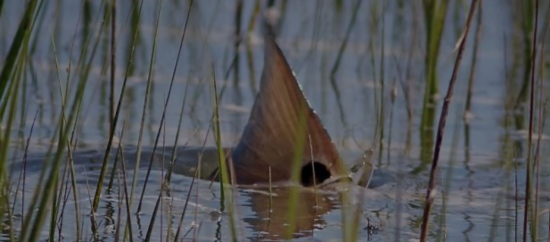
How the Moon Phase Impacts Inshore Fishing
Tim Wilson - April 3, 2025The late spring and early summer months are a time of the year when the inshore goes thru a transition period. It's when the fish come out…
Most from this category
